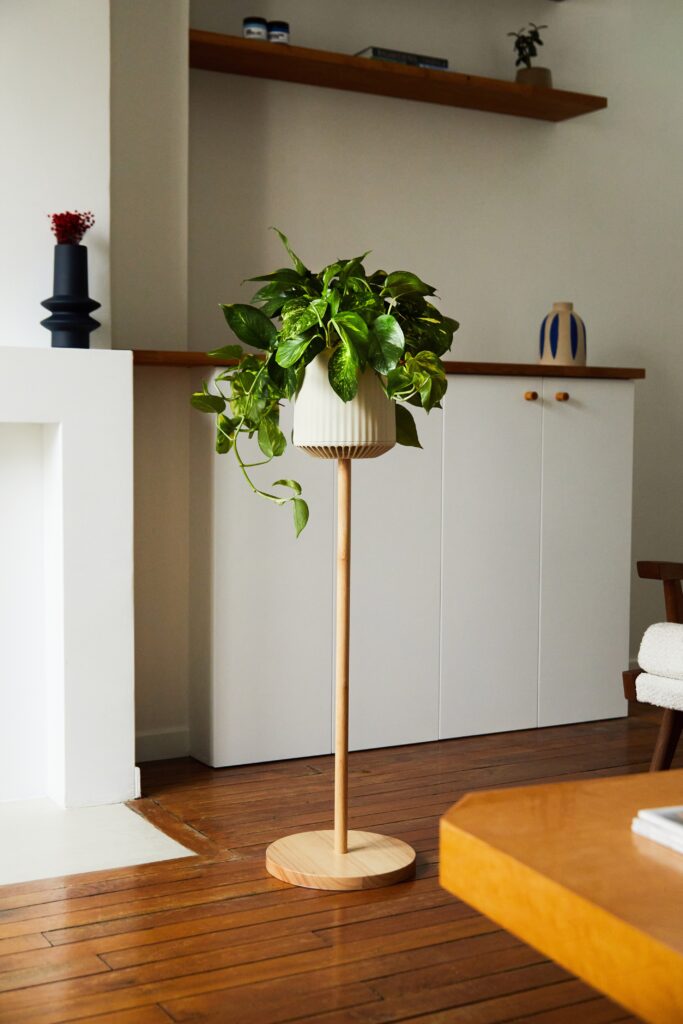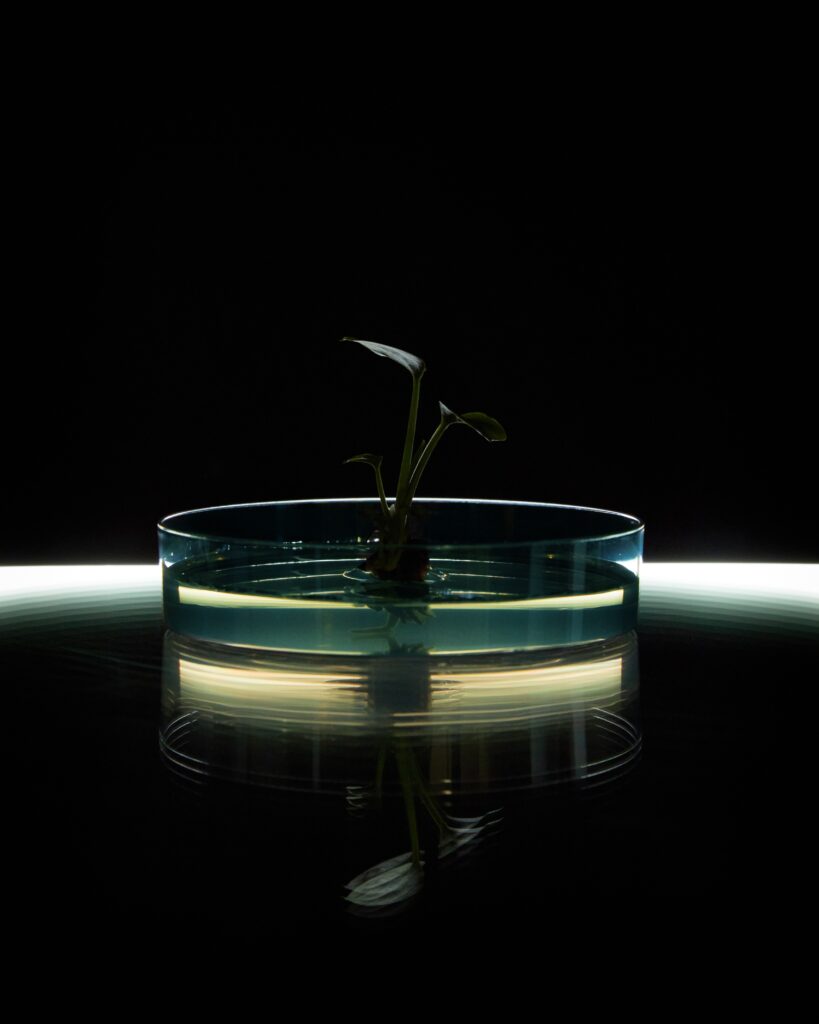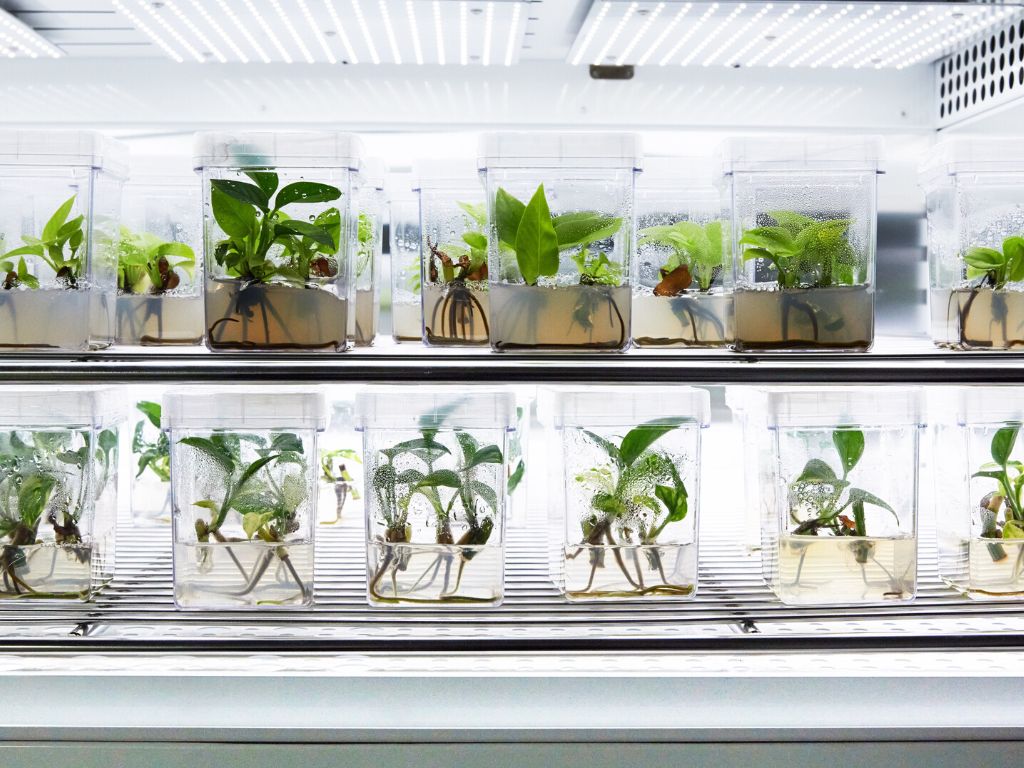This Engineered Houseplant Removes More Indoor Air Pollutants Than 30 Other Plants
3 Mins Read
Following more than four years of research, Neoplants has revealed Neo P1: a bioengineered houseplant that’s capable of removing more in-home air pollution than common houseplants.
According to Paris-based Neoplants, its bioengineered Pothos plant can capture and recycle the most dangerous indoor pollutants including volatile organic compounds (VOCs) such as formaldehyde, benzene, toluene, and xylene.
The company, which launched in 2018, has raised more than $20 million in funding from leading technology investors, including True Ventures, Heartcore, Entrepreneur First, and Collaborative Fund.
VOCs and indoor air pollution
Neoplants says the funding enables it to further develop its tech that uses living organisms to fight back against man-made environmental toxins. VOCs are present in materials used in furniture, household cleaning products, paint, varnishes, adhesives, upholstery, and flooring and can pollute indoor air for years. Indoor air pollution can often be five times higher than outdoor air.
According to the World Health Organization, poor air quality from VOCs is responsible for roughly 11 percent of lung cancer deaths, 23 percent of chronic obstructive pulmonary disease (COPD) deaths, and 12 percent of ischaemic heart disease and stroke.

“For too long, the advance of technology has been at the expense of our environment,” Lionel Mora, Neoplants CEO and co-founder, said in a statement. “Our team views nature as the world’s most powerful technology. It is critical that we use that human talent for innovation to partner with, and enhance, our natural world rather than just consuming it.”
“But we did not want to create an R&D lab with the promise of discoveries far in the future – we are a product company. That means we’re pragmatic and action-oriented, and while our mission is global in scale, we chose to start with indoor air pollution as a first use case and a way for everyone to join us today,” Mora said.
Fighting man-made chemicals with nature
“Neo P1 is not only the first bioengineered plant designed to be a powerful, natural air purifier, but it is also a way for everyone to join our mission, improve their health, and bring the future of carbon capture into their homes,” said Mora.

To create Neo P1, Neoplants engineered the plant to better metabolize VOCs into plant matter. Neoplants worked with Ecole Mines-Télécom of Lille University in France. Neoplants CTO and co-founder Patrick Torbey, Ph.D says the tech is necessary as “nature cannot evolve fast enough to keep up with the damage done by machines.”
“[W]e need to put nature back at the heart of technological development,” he said. “We see bioengineering as a way of empowering nature to evolve alongside human technology. The more we uncover the code of the living organisms around us, the more we are amazed at its elegance and complexity, crafted by billions of years of evolution. Our team is committed to building a green and vibrant future here on earth, where plants are upgraded as frequently as our phones, where people can see and feel the benefits of nature as clearly as any piece of technology.”
Lead image courtesy of Neoplants.



